Organic gardening and worms have an almost symbiotic relationship. The organic matter in your garden soil is home to many beneficial bacteria and fungi.
These bacteria and fungi are an earthworms main diet. Compost and manure are primary ways that organic gardeners build the amounts of organic matter in their soil.
This, in turn, is a magnet for many native species of earthworms. If you remember the hit movie “Field of Dreams”, the popular quote from the movie was ” If you build it they will come”.
Nothing could be truer when that logic is applied to worms and organic material.
A Short Worm Lesson
In the United States, there are no native species of worms that were in the path of the glacial retreat 11000 years ago. That event destroyed all of the native species.
Some parts of the U.S. (that didn’t experience glaciers) have several species of native worms. The number is probably in the 100’s.
The Pacific Northwest and the Southwest are two examples of areas with native species of worms.
The glacial areas have worms that originated from Europe and Asia and are generally thought to have arrived with the early settlers.
There are three major types of earthworms:
Epigeic – composting worms live above ground eating organic matter
Endogeic – Live in the top reaches of the soil. Digest minerals and make tunnels.
Anecic – Burrow deep underground but come to the surface to eat and reproduce.
Some very common types of epigeic (composting) worms are redworms, blue worms, and European night crawlers.
Common types of Endogeic worms found in the Upper Midwest are Aporrectodea Caliginosa (angle worm), Aporrectodea Rosea, and Octolasion Tyrtaeum. I am certain that there are more but these are common.
The most common type of Anecic worm is Lumbriscus Terrestris that fisherman knows as the Canadian Nightcrawler.
These worms are pretty widespread in the Northern U.S. and Canada.
Organic Gardening and Worms
Earthworms can do many positive things for your garden. They will keep your soil loose and friable.
Their castings (worm poop) fertilize your plants and studies have even shown that castings can help to prevent diseases and deter some pests.
They help to make minerals available to your plants and also help your soil to retain water better.
There is nothing bad about having worms in your garden.
Cool, I Will Buy Some Worms
Not so fast my young friend. I SELL composting worms and would surely appreciate the business. However, composting worms are not the best choice for your garden.
They will surely die if special care is not taken. You can put composting worms in your garden but you have to create habitat and feed them.
That is the subject of another blog post. The local worms that you have in your soil are going to be endogeic and anecic worms.
This article is geared towards the worms that you already have and can entice into your space.
How To Attract Worms To Your Garden
There was a study that estimated that there were approximately 54000 worms per acre on average in the U.S.
With a little bit of forethought and planning, it is possible to well exceed those numbers in your organic garden.
What kinds of things can we do to make our gardens a favorable habitat for worms?
Eight Tips For Attracting Earthworms
One: STOP using chemical fertilizers. Chemical fertilizers kill the bacteria and fungi that the worms eat.
It makes your soil sterile over time and also adds salts which are detrimental to worms and your plants. Bacteria is the best source of nitrogen available for your plants in the soil.
Chemical fertilizers try to make up for this by over-dosing your plants with nitrogen. That is why you can get a “Burning effect”.
Two: Use plenty of organic matter such as leaves, compost, manure, coffee grounds, grass clippings, etc. in your garden soil.
Three: Use organic mulch for moisture retention and weed control
Four: Incorporate a no-till policy for your garden. Use a “Lasagna” method with your organic materials and plant right through it.
Five: Keep your garden moist. This should be easy with all the organic materials and mulch.
Six: Throw away your shovel. Just kidding of course but please don’t use it in your garden. Use a garden fork instead. Your WHOLE worms will appreciate it.
Seven: Use worm castings and worm tea in your garden. This will help to raise the beneficial bacteria and fungi. This not only helps your plants but will also help to attract more worms.
Eight: Use some form of rock dust. Rock dust is a supplier of minerals for your garden. Some examples are Azomite, Greensand, Glacial rock dust, lime dust (calcium carbonate or dolomite only), or a local mix. This needs to be a fine powder. The worms love it and will make the minerals available to your plants.
Organic Gardening and Worms Conclusion
We have talked about organic gardening and worms. Also, we explained how making your garden “habitat friendly” can help you attract worms already in your area.
We discussed the different types of worms and why you shouldn’t just buy composting worms and toss them in your garden.
We gave you some tips for making your garden space more earthworm friendly.
This is not an overnight scheme, but if you can make these changes to your gardening practices, you will have many more earthworms in time.
Remember the quote from the movie.. ” if you build it they will come”.
Organic gardening and worms… a match made right here on Earth.

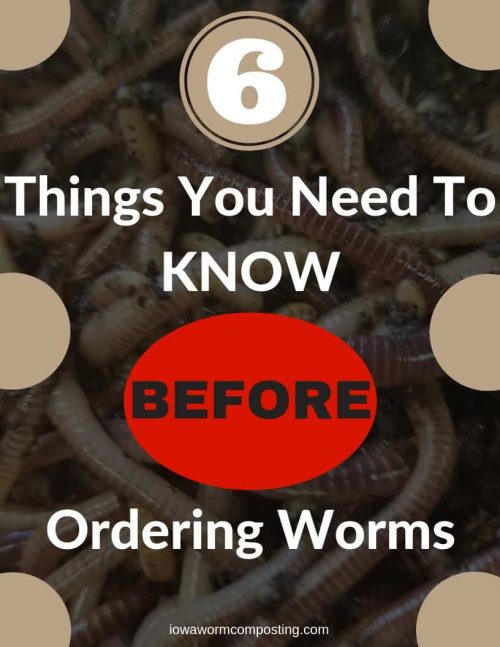
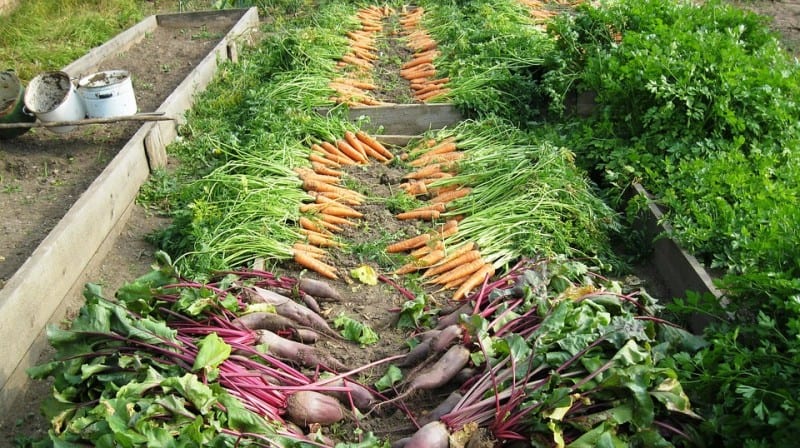
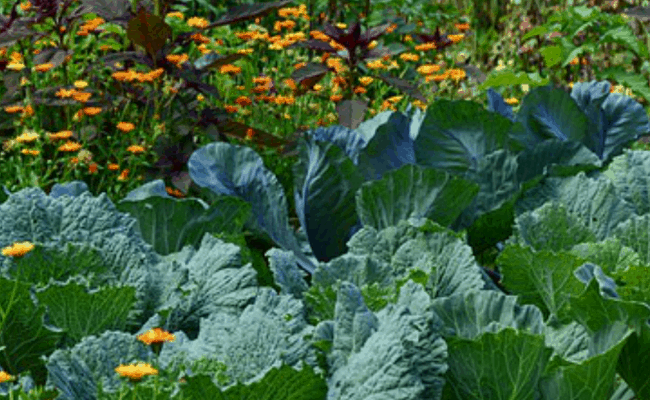
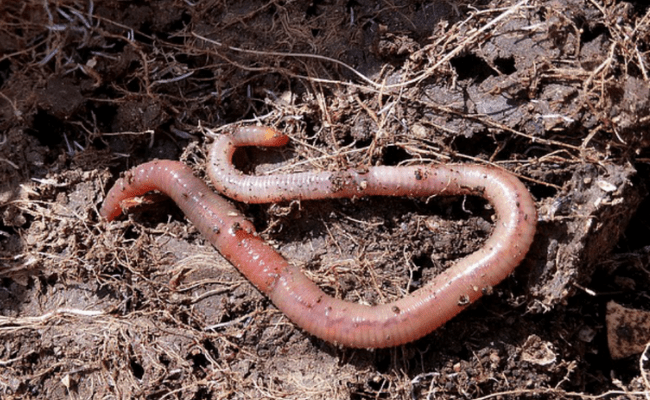
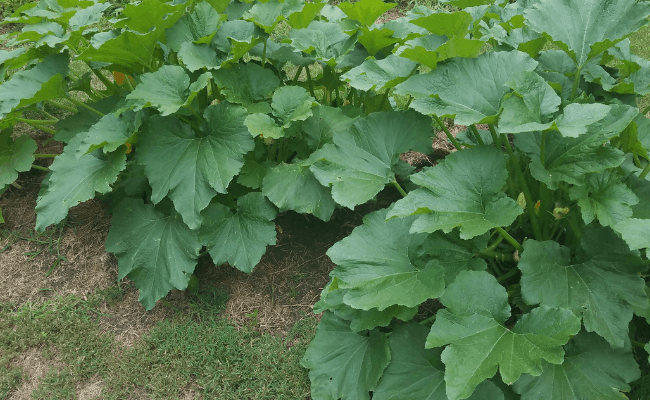
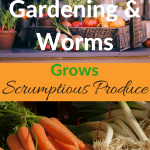


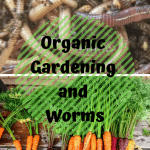
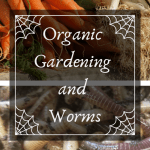
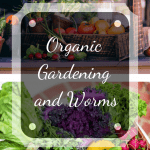
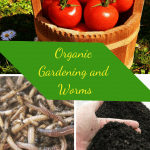
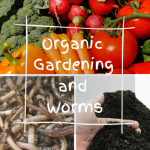

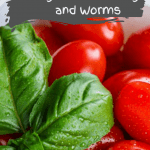
This is a very interesting post, really very interesting. Needless to say, the heading of this post of yours was much better. This is another post I have seen, which is very interesting to me. If you want, you can match the post which I saw.
https://easydreamgarden.com/category/gardening-advice/
Thanks for reading and stopping by.